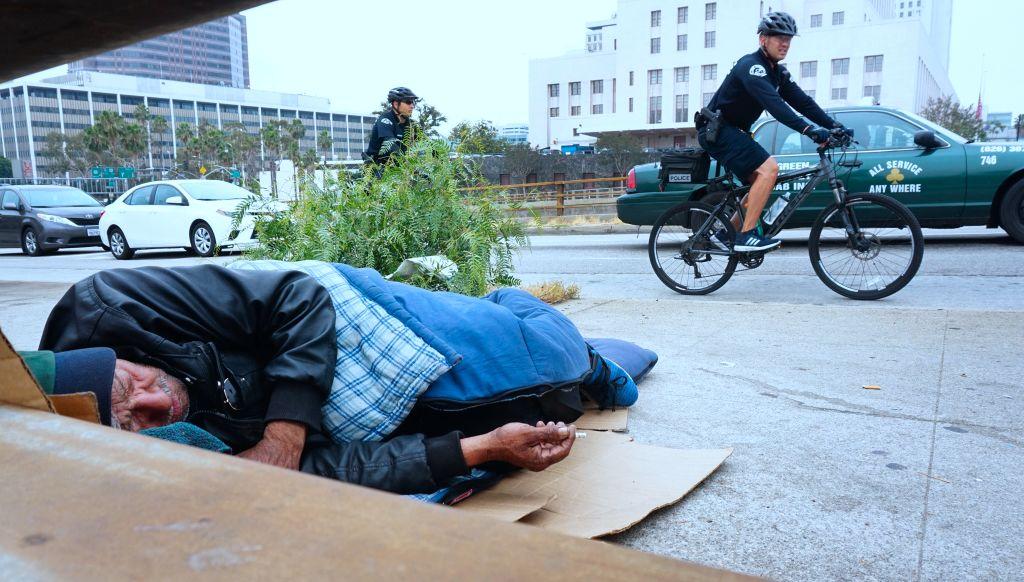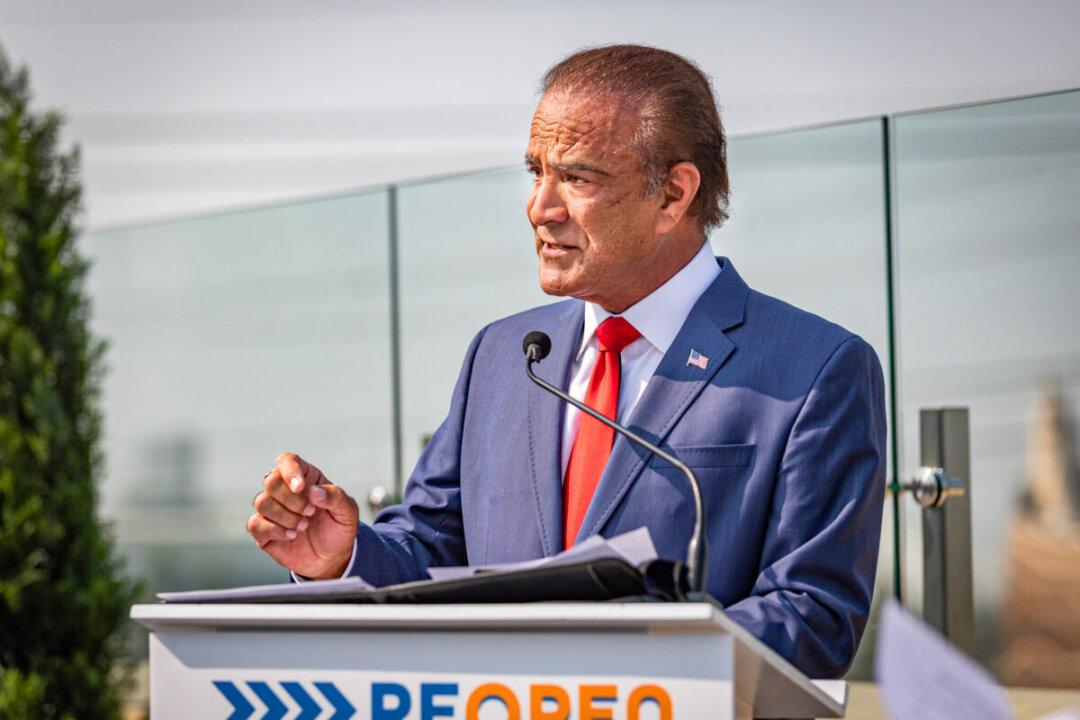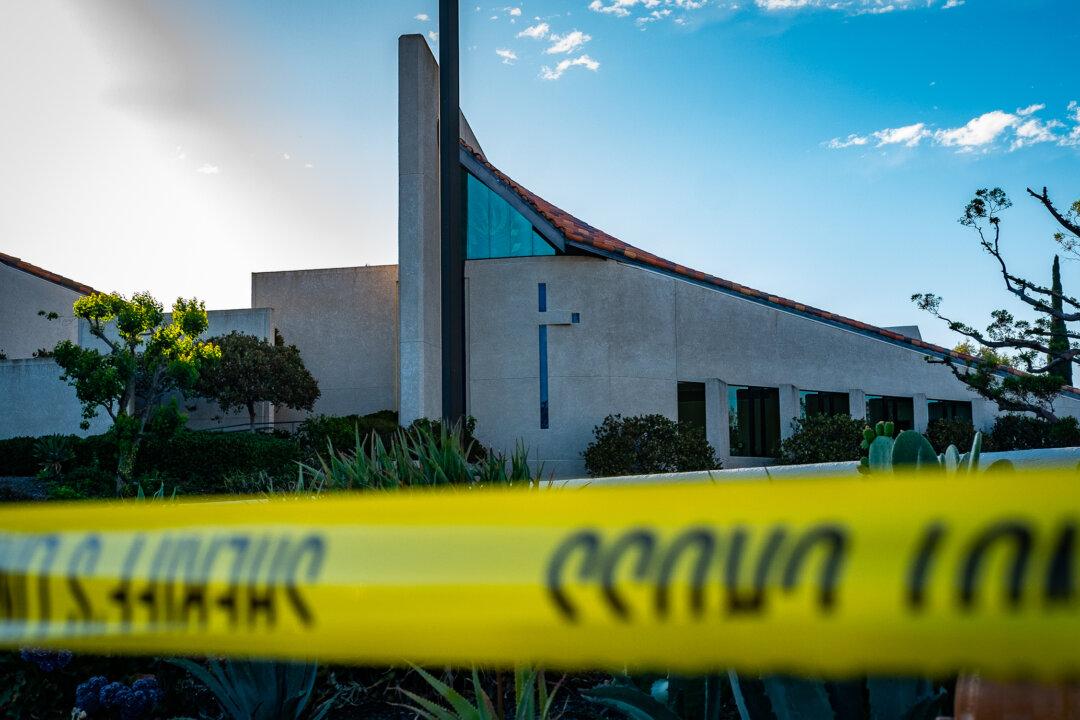As drug overdose deaths rise in California, state leaders are considering paying addicts to stay sober, but a former drug addict questions the efficacy of the incentive known as SB 110.
Yolanda Terrazas, a former addict and current secretary for The Salvation Army Adult Rehabilitation Center in Anaheim told The Epoch Times the proposed legislation provides only a temporary solution as addicts will use the money to purchase drugs.




